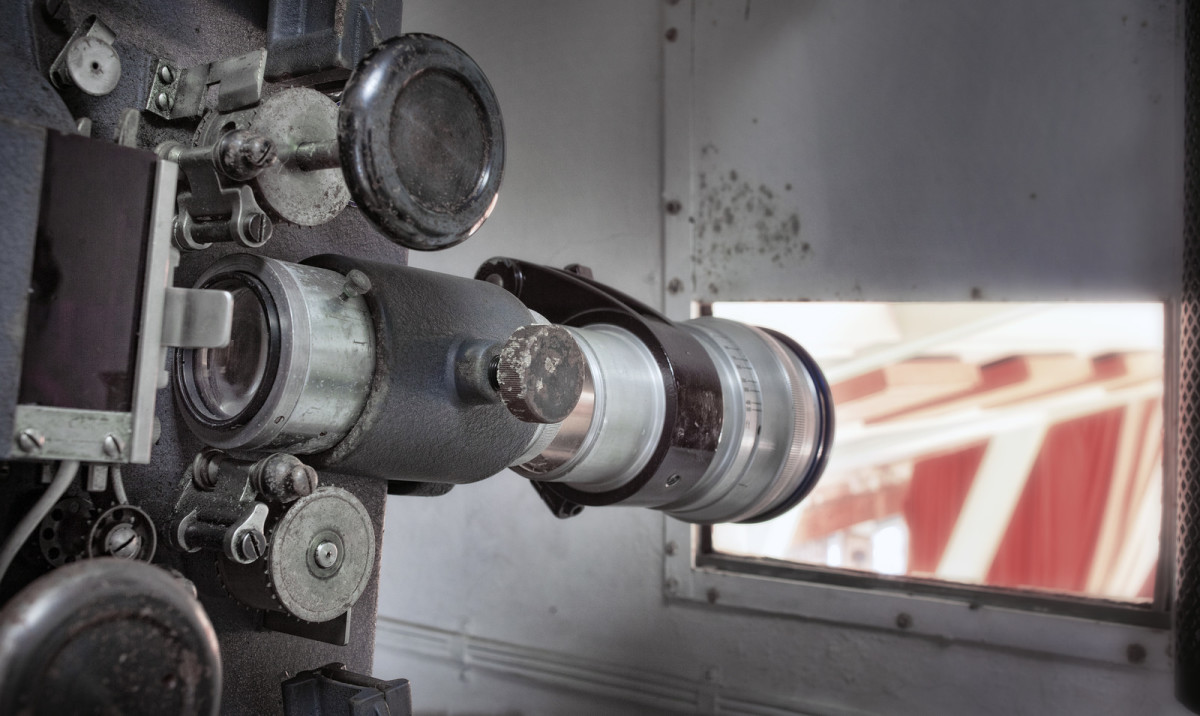Most colleges and universities offer more than just a traditional classroom education. They offer opportunities for students to get involved with each other — to network, collaborate and learn outside of the classroom.
Except, they do it via email and flyers. You know, the pretty much antiquated means of communication your typical college student couldn’t give a lick about.
That’s what two recent products of the University of Delaware aim to change.
There are employers who are willing to pay to have a better way of engaging students.
In school, Ben Rapkin and Austin Crouse both ran registered student organizations — in particular, the entrepreneurship club. They advertised their events through email, social media and flyers.
“That was OK, but it occurred to us that there were still people who had no idea these events existed,” Rapkin said. “We wanted to create a better way of effectively communicating to our fellow students.”
So, in 2013 during Start Up Weekend at coIN Loft, they created ProjectedU — a custom projector that displays relevant content to students in classrooms (they still have the original logo, designed by Sarah Zero).
Crouse said each projector has the class schedule of the classroom it’s housed in programmed into it. The projector will power up 10 minutes before class and play 30-second to one-minute messages that are relevant to the students in that class.
“They’re targeted messages to a captive audience,” Crouse said. “The students come to class and see the messages that would normally flood their inbox.”
ProjectedU has been piloted at UD with great success. According to Rapkin, students are noticing the messages on the screens and actually remembering them.
“When we decided to measure the impact against email, where universities are typically experiencing below 50 percent open rate, we’re getting about 90 percent reach,” he said. Types of content being displayed include information about student organizations and clubs, companies looking to recruit students, messages from university departments and nonprofits looking to spread the word about their initiatives.
“When it comes to the model, there are employers who are willing to pay to have a better way of engaging students,” said Rapkin. “We’re always looking for different sources of content.”
Next steps, according to the duo, include creating custom technology that will allow students to interact with content being projected in the classroom.
As of now, Rapkin and Crouse are looking to pilot ProjectedU at more colleges and universities in Delaware, Pennsylvania and Maryland. Will they be looking to stay in Delaware if ProjectedU takes off?
“Right now it’s looking pretty good that we’ll stay in Delaware for the near future,” said Rapkin. “We’re going to try and secure universities in this area and expand as far as we can.”







